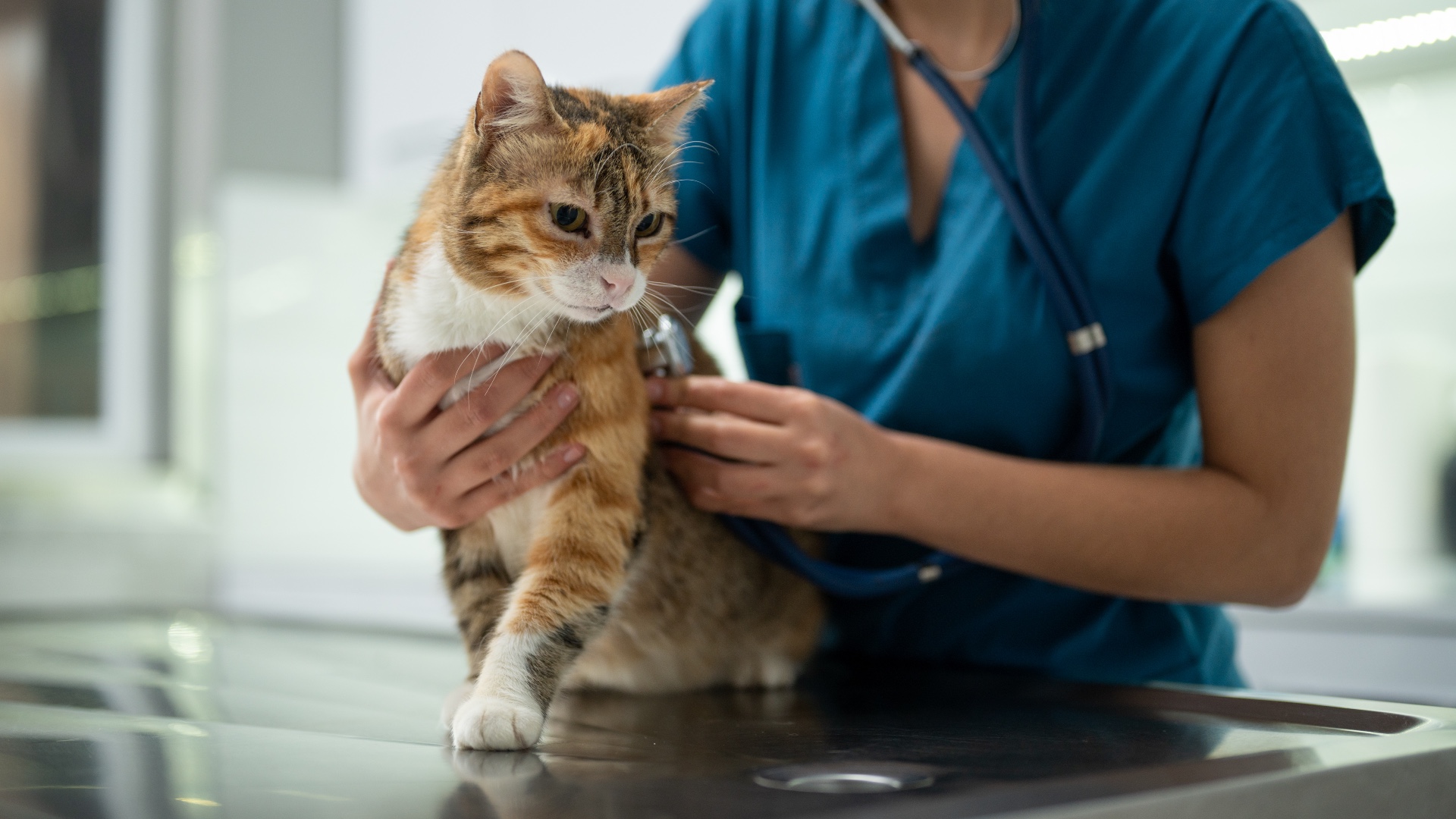
If you've been asking the question 'is my cat sick?', we understand what a worrying time this must be — and what a tricky question it can be to answer.
Cats are masters at hiding pain and disease, so as a pet parent it's important to be aware of the signs your cat may not be feeling in tip-top shape.
And who better to help us understand what to be on the lookout for than expert cat behaviorist Jackson Galaxy.
In a recent TikTok video, Galaxy talks us through eight things that indicate it's time to get your kitty to the vet.
Keep reading to find out what they are...
@jacksongalaxy ♬ MR. TAKE YA B*TCH (FEAT. CHRISEANROCK) - Lil Mabu & CHRISEAN ROCK
Because cats are so clever at hiding when they're feeling off color, there's an element of needing to play detective when it comes to figuring out how they're doing.
"You need to pay attention to the signs your cat needs to go to the vet," says Galaxy.
"If they were a certain way and now they are a different way, that's what you start with," he explains, before going on to state that these are some of the specific signs to be on the lookout for:
- Excessive weight gain or weight loss
- Changes in appetite
- Greasy fur
- Excess dander
- Hiding a lot
- Sudden aggression
- Vocalizing more than usual
- Eliminating right outside the litter box
"If you're aware of any of these symptoms right now in your cat, stop everything and go to the vet right now," Galaxy advises.
Early intervention with cats increases the likelihood of successful treatment, so whether it's your cat not eating or greasy fur and excess dander indicating they've stopped grooming, it's vital you get them checked over so your vet can rule out any medical issues.
And should your vet give your kitty a clean bill of health, the next step would be to consider consulting with a qualified feline behaviorist. They'll be able to work with you and your cat to figure out what might be driving the changes in your cat's behavior.







